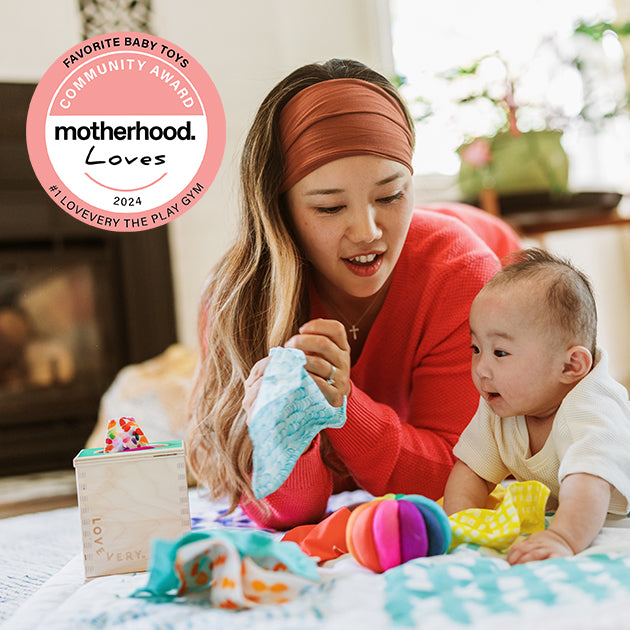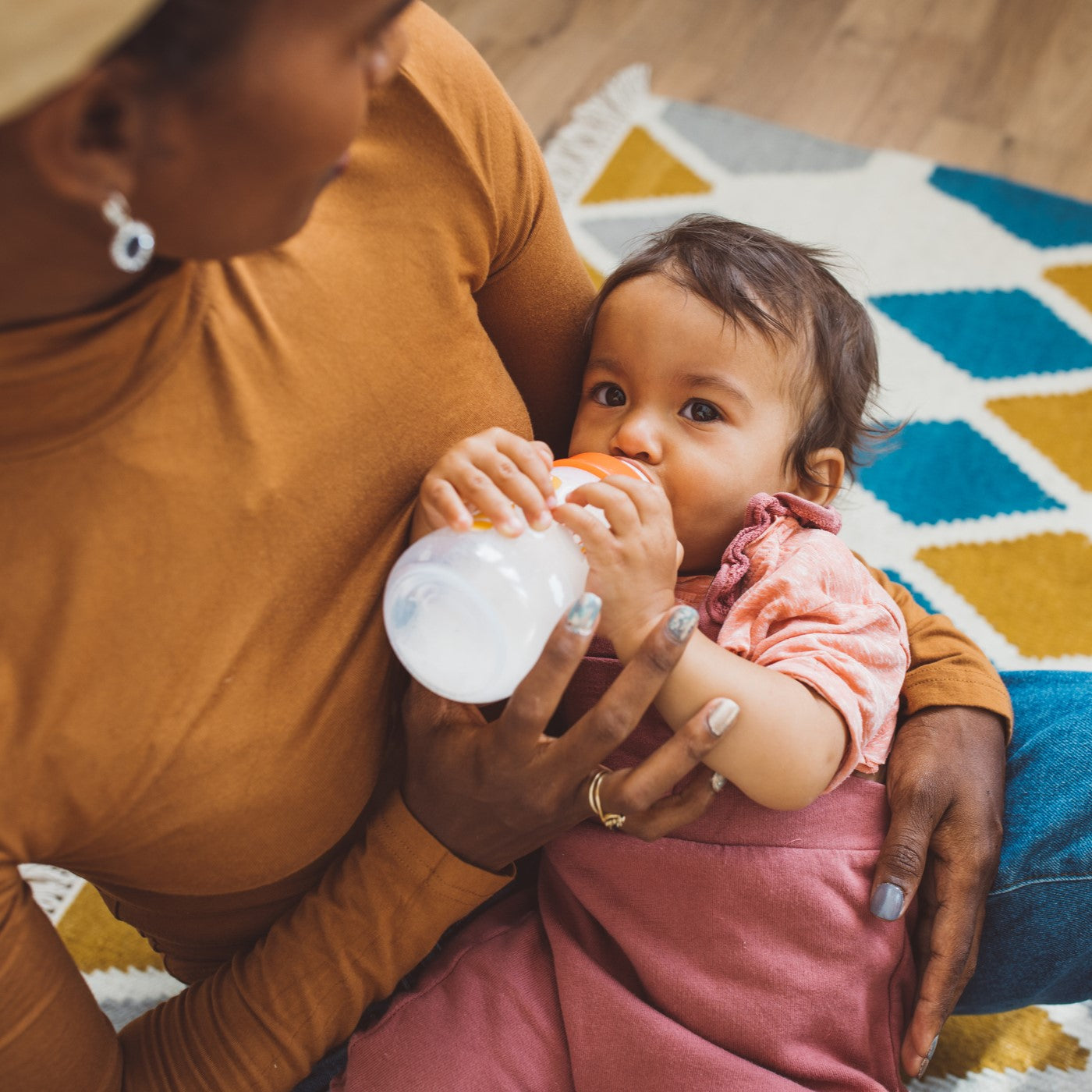
Dealing with morning sickness? Perhaps all day long? Dr. Meagan Morrison answers your most asked questions about this common pregnancy symptom.
What is your number one piece of advice for dealing with morning sickness?
Many pregnant women feel a lot of nausea and sickness in the first trimester and going into weeks 15 and 16 of their pregnancy, so if you’re struggling with this, you aren’t alone.
The number one thing I always tell people is to stay hydrated by any means necessary. For some people, water is a complete turnoff because they don’t enjoy the taste. I would suggest trying coconut water in that situation. It comes in multiple different flavors and is full of great electrolytes, potassium, and nutrients. It’s a great replacement when you’re looking for flavor with your hydration. Pedialyte is another great replacement. Gatorade is fine, but I usually tell people to dilute it. Try mixing half Gatorade, half water, because Gatorade is mostly sugar.
If you’re struggling to remember to drink, I recommend fruits that are water dense. Sometimes chewing can help settle an empty stomach more than drinking an abundance of liquids. So, stock up on fruits like watermelon, cantaloupe, and even cucumber – these are fruits that don’t have a lot of flavor but they have high water content, which is really important when you’re losing fluids from being sick.
Additionally, I tell everybody to keep a food diary because sometimes it’s a certain type of food that triggers your system. And once you find out what that trigger is, then you'll feel a lot better when you can avoid it. Or, if the food that triggers you happens to be your #1 pregnancy craving now, at least you know the consequences when you indulge. Once you have the information, it’s up to you to decide what to do with it.

Help! I’m so nauseous I don’t want to eat. What can I do?
First, it’s important to know that what you’re eating in the present moment isn’t what your baby is living off. Your baby is living off food that you ate three months ago. If you can get in a lot of fluids and stay hydrated and that’s what’s going to make you feel better, that’s a good place to start. But forcing yourself to eat when it’s only going to make you sick isn’t what’s best for your baby.
Start with ensuring you’re hydrated, and then we go from there. I tell people to keep crackers on your bedside table to help calm the acid in your stomach, because that's something else that contributes to the nausea. And then just try to eat small little bits here and there. Wait to eat a regularly portioned meal when you feel hungry. Listen for those hunger cues because they will guide you.
Some women start with intense morning sickness alongside intense feelings of hunger. You’re famished, but you’re also ill. If that sounds like you, try handling those smaller snacks and waiting to see how you feel afterwards before moving on to a full meal.
Other moms-to-be may feel a strong aversion to food in early pregnancy. Certain foods might smell bad or maybe nothing seems appetizing. Again, those bland foods like crackers or white rice can help settle your stomach until you feel up to eating.

What can I do to treat morning sickness at home?
There are plenty of at-home and over-the-counter solutions for morning sickness. I love the ginger candies and ginger teas, which naturally help settle your stomach. You can also try the Sea Bands, which are wrist bands that push on pressure points to help with nausea. Even something simple like Benadryl* – a little bit of that at night before bedtime might help. And of course, antacids like Tums can be helpful. If one of these doesn’t work, move onto the next: you’ll know what works for you.
Finally, there is medication that your doctor can prescribe to you if you are unable to find relief on your own. Never hesitate to inform your doctor of your symptoms.

What if I’m nauseous past week 16 or 17 of my pregnancy? Could something be wrong?
As you get further along in the pregnancy, it is possible to have random nausea and vomiting throughout. Continued upset stomach isn’t always an indicator that there’s something else going on, but this is where a discussion with your OBGYN is going to really help.
If a patient is continuously throwing up, but only once in the morning or evening, and feeling really well throughout the day, that is probably just pregnancy related.
But if a patient is very sick all day long, can’t eat anything, and is starting to lose weight, that’s when we’ll dig deeper. Those are the patients where we’ll look to see if there is another issue at play. Pregnancy can unearth some symptoms of other conditions and make symptoms worse overall. So, we’ll consider things like thyroid problems and gastrointestinal issues. It could be that pregnancy has caused pancreatitis to activate, or maybe you’ve developed gallstones.
We know that elevated levels of progesterone in the body, which is what happens when you get pregnant, slow down your GI system. If a mom-to-be has an underlying GI issue, that can make the slowdown even worse. It might become painful, or lead to intractable nausea and vomiting. We start to explore other avenues when these symptoms don’t fade and you're losing weight.
In that scenario, I usually do the initial workup at the office and then depending on what we find, you might see another specialist. For a thyroid problem, you’d go to endocrinology, and for GI you’d see a gastroenterologist. Usually what happens is those specialists then work with us to confirm which treatment options are viable, being that the patient is pregnant.
Morning sickness can be so difficult on the body, so give it what it needs to recover: lots of fluids, manageable and nutritious foods, and plenty of rest if needed. Focus on finding solutions that work for you, and know that your OBGYN is the best resource for any questions you may have.
*Remember to always check with your health care provider before taking any new medications during pregnancy.






